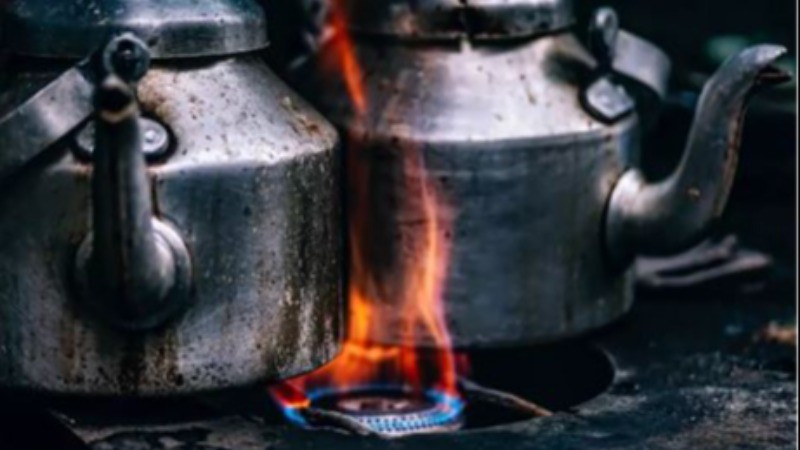
In India, tea is not just a beverage; it’s a ritual cherished by millions. For many, sipping tea is an integral part of their morning and evening routines, creating moments of warmth and camaraderie. However, alongside its popularity, several myths and misconceptions about tea have emerged, particularly regarding health implications. One such widely circulated belief is that reheating cold tea can cause cancer.
Understanding the Myths
The idea that reheating tea can lead to cancer has gained traction on social media, leading many to avoid consuming tea that has cooled down. The narrative suggests that certain chemical reactions occur when tea is reheated, potentially leading to cancer. However, this claim is unfounded and not supported by scientific evidence.
Expert Opinions on Cancer and Tea
According to health experts, cancer is a complex disease primarily associated with uncontrolled cell division. It is more commonly observed in older individuals, and the triggers for this uncontrolled division are not fully understood. Thus, linking cancer directly to the consumption of reheated tea is misleading.
While tea itself is rich in antioxidants and has numerous health benefits, it is essential to note that the primary factors contributing to cancer include genetic predisposition, environmental influences, and lifestyle choices. Therefore, the assertion that drinking reheated tea could cause cancer is largely incorrect.
The Effects of Reheating Tea
Though reheating tea does not pose a cancer risk, it can affect the flavor and nutritional value of the beverage. When tea cools down and is reheated, it can lose some of its aromatic qualities and essential nutrients. Additionally, when milk and sugar are added, if the tea is left for an extended period (more than 10-15 minutes), reheating it may pose some health risks.
Health Risks of Stale Tea
If tea is left out for too long and then reheated, it can become a breeding ground for bacteria that can cause food poisoning. These bacteria do not necessarily die off when the tea is reheated, which may lead to gastrointestinal issues such as stomach pain, diarrhea, and discomfort. Therefore, it is advisable to consume tea fresh or ensure it is stored properly before reheating.
Best Practices for Reheating Tea
Although reheating tea is generally not recommended, if one wishes to enjoy tea that has cooled down, it can be done safely by following certain practices. Instead of directly reheating the tea on the stove, a more gentle method can be employed:
Boil Water: Start by boiling fresh water in a separate pot.
Remove from Heat: Once boiling, remove the pot from the heat source.
Use a Double Boiler Method: Place the cup of cold tea in the pot of hot water. This indirect heating allows the tea to warm up gradually without losing its flavor and aroma.
By gently warming the tea in this manner, one can enjoy a comfortable temperature without compromising its taste or safety.
In conclusion, tea is an integral part of Indian culture, beloved by many for its comforting properties. While it’s essential to be aware of the myths surrounding its consumption, it’s equally important to approach such claims with skepticism and rely on scientific evidence. Enjoying tea, whether hot or cold, should be a pleasurable experience, provided it is prepared and consumed with care.
Unlock the Power of Amla: Amazing Health Benefits of Eating Indian Gooseberry Daily...
Don't Never Bring Your Phone to the Bathroom: Hidden Health Risks You Need to Know
Spine Health Across the Ages: Modern Lifestyles Are Jeopardizing Us All**